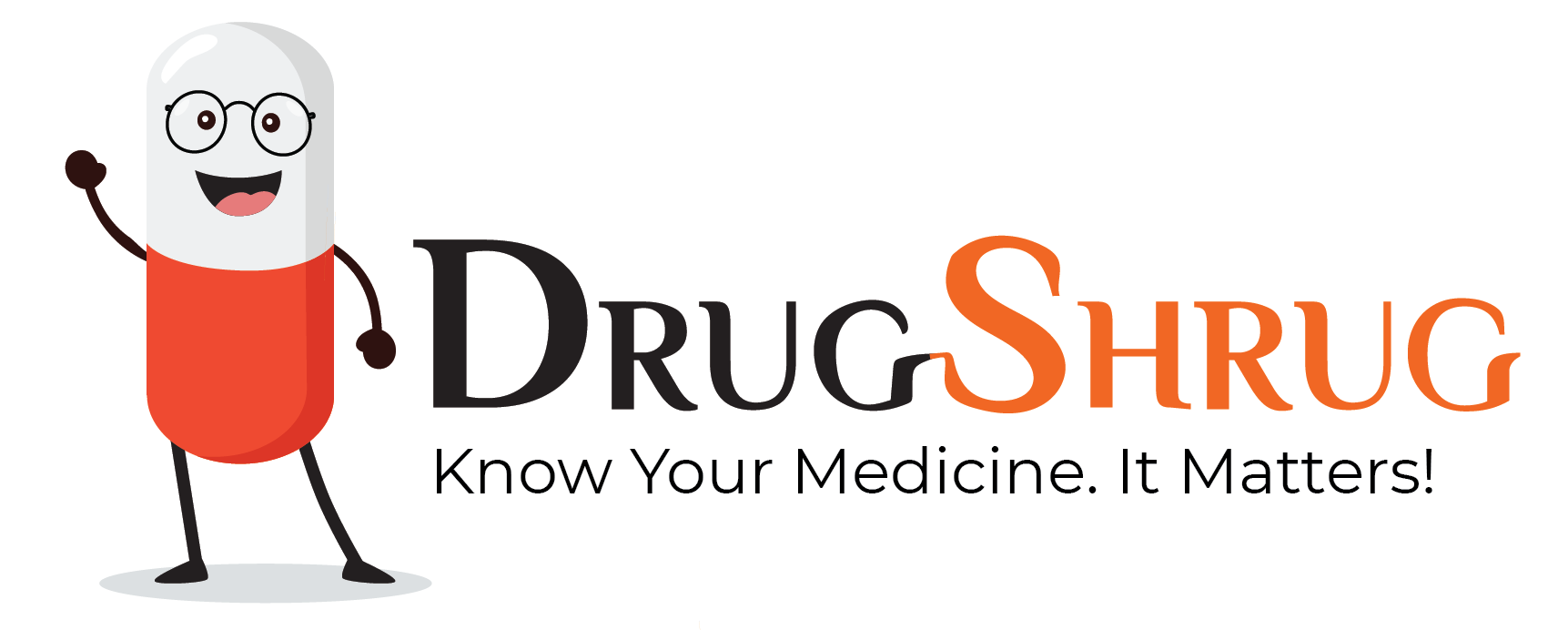What is Kabiven?
Kabiven is a three-chambered nutrition formulation that contains amino acids, electrolytes, dextrose, and lipids. It is designated as a potential source of nourishment which is recommended to adult patients who need parenteral nutrition. However, this is done in a situation when giving nutrition is not feasible, inadequate or inadvisable either through oral or enteric mode. It is also dispensed to avoid essential fatty acid deficiency or counter negative nitrogen balance in adult patients.
What are the common conditions in which Kabiven is prescribed?
This parenteral nutrition is specifically administered to adult patients who are incapable of receiving nourishment enterally.
How should I take Kabiven?
Kabiven is directly administered into central vein using a catheter only. It is required to undertake regular laboratory tests and frequently arrange appointments with the medical caregiver of the patient. In case the patient shows any symptoms of an allergy, infection, high blood sugar, nausea, vomiting or fluid retention, urgently call the doctor.
If the patient self-administers the injection at home, advise them of the following:
Patients and/or caretaker must be skilled enough to check how to inspect, activate and dispense Kabiven. Adhere strictly to the guidelines while giving infusion and do not deviate from the instructions. Before using the medication, examine it for any mark of damage, adulterate, and/or discoloration.
Do not accept the bag in below- mentioned conditions:
- Any sign of tampering with the bag
- Over one chambers are white
- Paleness of the solution
- Already broken seal
- Before initiation, place Kabiven from 20° to 25°C (68° to 77°F)
Activate bag just before use or keep the activated bag between 2 to 8°C (36 to 46°F) for 24 hours. If the medication is left, reject any unused portion. Before giving the dose precisely examine the bag for the lipid hold- up. You can clearly identify it by sighting a yellowish staining or occurrence of yellow droplets in the solution. If this happens, do not use the bag.
When you should not take Kabiven?
Do not take this TPN if you have any of the following:
- If you are allergic to egg, soybean proteins, peanut proteins, corn or corn products, or to any of the active constituents or excipients.
- If you suffer from serious hyperlipidaemia or other conditions of lipid metabolism with serum triglycerides given more than 1000 mg/dL.
- Congenital defects to properly metabolise amino acids.
- Cardiopulmonary issues.
- Hemophagocytic syndrome.
Kabiven is a hypertonic emulsion and may trigger irritation in vein, or damage it, or even cause thrombosis if administered through peripheral vein. Dispense the parenteral nutrition only into the central vein. Supervise for symptoms of any allergic reactions, infection, hypertriglyceridemia, hyperglycaemia and re-administering complications. Invigilate lab parameters for any changes in electrolytes, liver and renal, fluid position and coagulation factors. Regulate rate and dosage of Kabiven abiding by the clinical merits.
What are the possible side effects of Kabiven?
- The dose may incite allergic responses. A person being given intravenous preparations is likely to get infections and sepsis.
- It can also lead to serious consequences for e.g., nausea and vomiting, surplus lipid content in blood, high blood sugar, unusually increased transaminase and bilirubin, or oddly high or low blood electrolyte levels.
- Kabiven is indicated for intravenous infusion into a central vein.
- Kabiven is not approved for use in paediatric patients < 2 years, counting in premature infants. This is due to inability of fixed formulation content to nourish the patients of this age group.
What to do if I miss the dose?
Common Drug Interaction with Kabiven
Apprise their medical practitioner regarding any alterations in prescription or over the counter drugs and supplements to avoid potential drug interactions and side effects.
Bottom Line
Kabiven is a parenteral nutrition bag injected into the body of a patient unable to uptake any nourishment. However, it has to be administered solely under the guidance of a healthcare practitioner. Any carelessness may pose adverse consequences, hence precisely follow the instruction of the doctor. If a patient experiences any side- effects or allergic reactions inform the doctor.
Further Reading:


